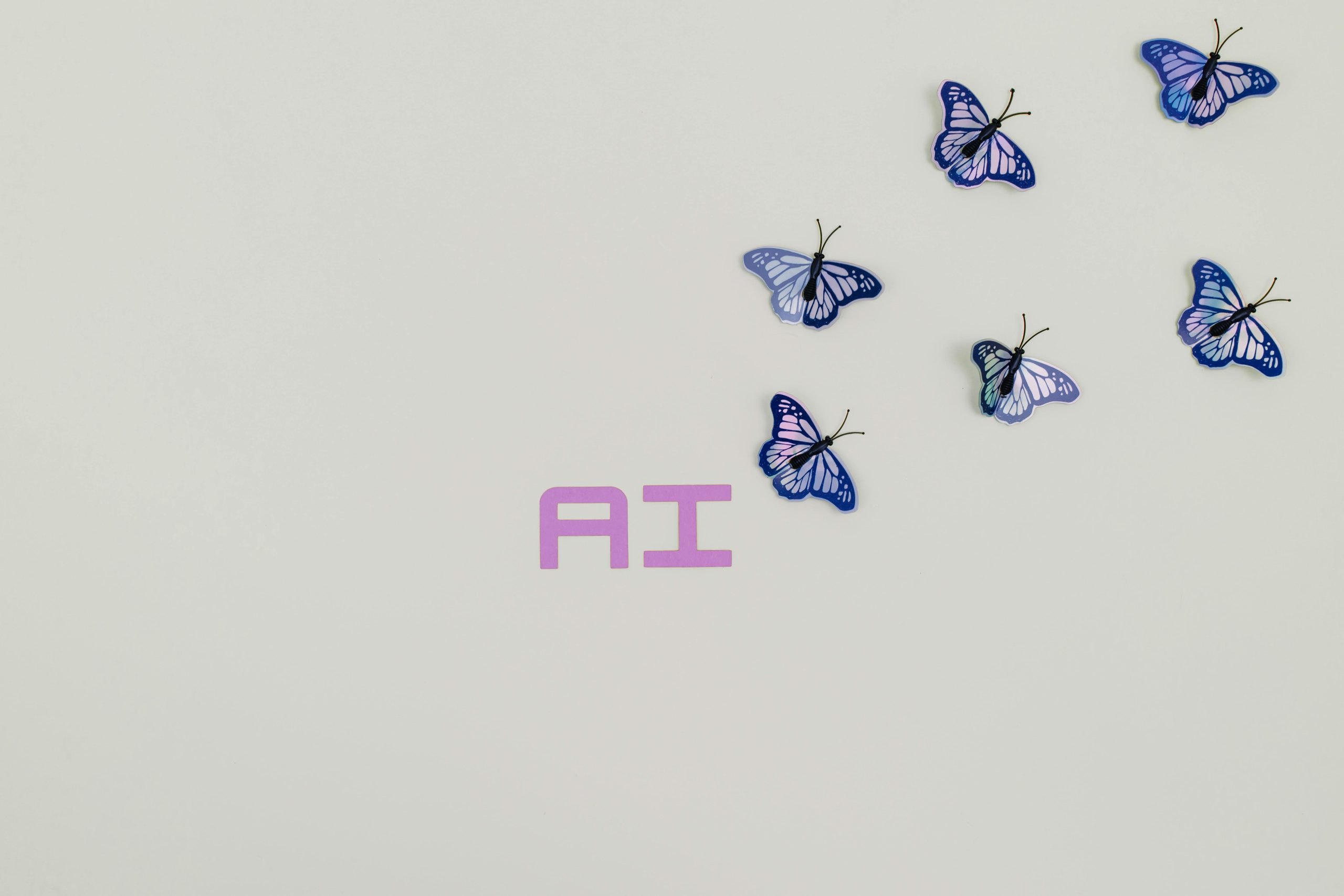Ethical AI Guidelines for Responsible Software Deployment
With the rapid advancements in technology, Artificial Intelligence (AI) has become an integral part of our daily lives. From virtual personal assistants to self-driving cars, AI has revolutionized the way we live and work. However, with great power comes great responsibility. As AI continues to evolve, it is crucial to establish ethical guidelines for responsible software deployment. In this article, we will delve into the importance of ethical AI and discuss the guidelines that can help ensure responsible deployment of AI-powered software.
The Need for Ethical AI Guidelines
AI technology is built upon algorithms that learn from vast amounts of data and make decisions based on that data. This means that AI systems are only as good as the data they are trained on. If the data used to train AI systems is biased, the decisions made by these systems will also be biased. This can lead to significant ethical concerns and consequences, including discrimination and privacy violations. Therefore, it is essential to establish ethical guidelines to ensure that AI-powered software is deployed in a responsible and ethical manner.
Ethical AI Guidelines for Responsible Software Deployment
1. Transparency
Transparency is the key to responsible AI deployment. AI systems should be transparent and explainable, meaning that the decision-making process should be clear and understandable to humans. This allows for accountability and ensures that AI systems are not making biased or unethical decisions. Companies should also provide clear information on how their AI systems collect, store, and use data.
2. Fairness and Bias
Fairness should be a fundamental principle in AI development and deployment. AI systems should be programmed to eliminate biases and discrimination based on factors such as race, gender, age, or ethnicity. This requires continuously monitoring and testing AI systems for biases. If any biases are detected, they should be promptly addressed and corrected.
3. Human Oversight
Even with the most advanced AI technology, human oversight is still crucial in ensuring ethical deployment. While AI can make decisions based on data, it lacks human empathy and common sense. Therefore, companies must have human oversight to review and analyze the decisions made by AI systems. This will help prevent biased or unethical decisions and ensure that the AI system is working as intended.
4. Privacy and Security
Privacy and security are critical aspects of ethical AI. Companies must ensure that the data collected by their AI systems is secure and protected. They should also provide transparency in how the data is collected, stored, and used. Additionally, individuals should have control over their data and the ability to opt-out of data collection if desired.
5. Compliance with Regulations
Companies must ensure that their AI systems comply with all applicable laws, regulations, and industry standards. This includes data privacy laws, such as the General Data Protection Regulation (GDPR) in the European Union, and any regulations specific to the industry in which the AI system is being used.
6. Ethical and Social Impact Assessments
Before deploying an AI system, companies should conduct ethical and social impact assessments. These assessments should analyze the potential impact of the AI system on individuals, society, and the environment. This will help identify any potential ethical concerns and allow for necessary adjustments to be made before deployment.
The Role of AI Developers
AI developers play a crucial role in ensuring ethical AI deployment. They must be knowledgeable about ethical AI principles and incorporate them into the design and development of AI systems. This includes promoting diversity and inclusivity in the data used to train AI systems, testing for biases, and providing human oversight. Developers must also be transparent about the capabilities and limitations of the AI system and continuously monitor and update it as needed.
Conclusion
Ethical AI guidelines are essential for responsible software deployment. They ensure that AI systems are deployed in a fair, transparent, and accountable manner. Companies must understand the potential ethical implications of AI and prioritize ethical principles in their AI development and deployment processes. By following these ethical guidelines, we can harness the power of AI for the betterment of society while also ensuring that it is used responsibly.










